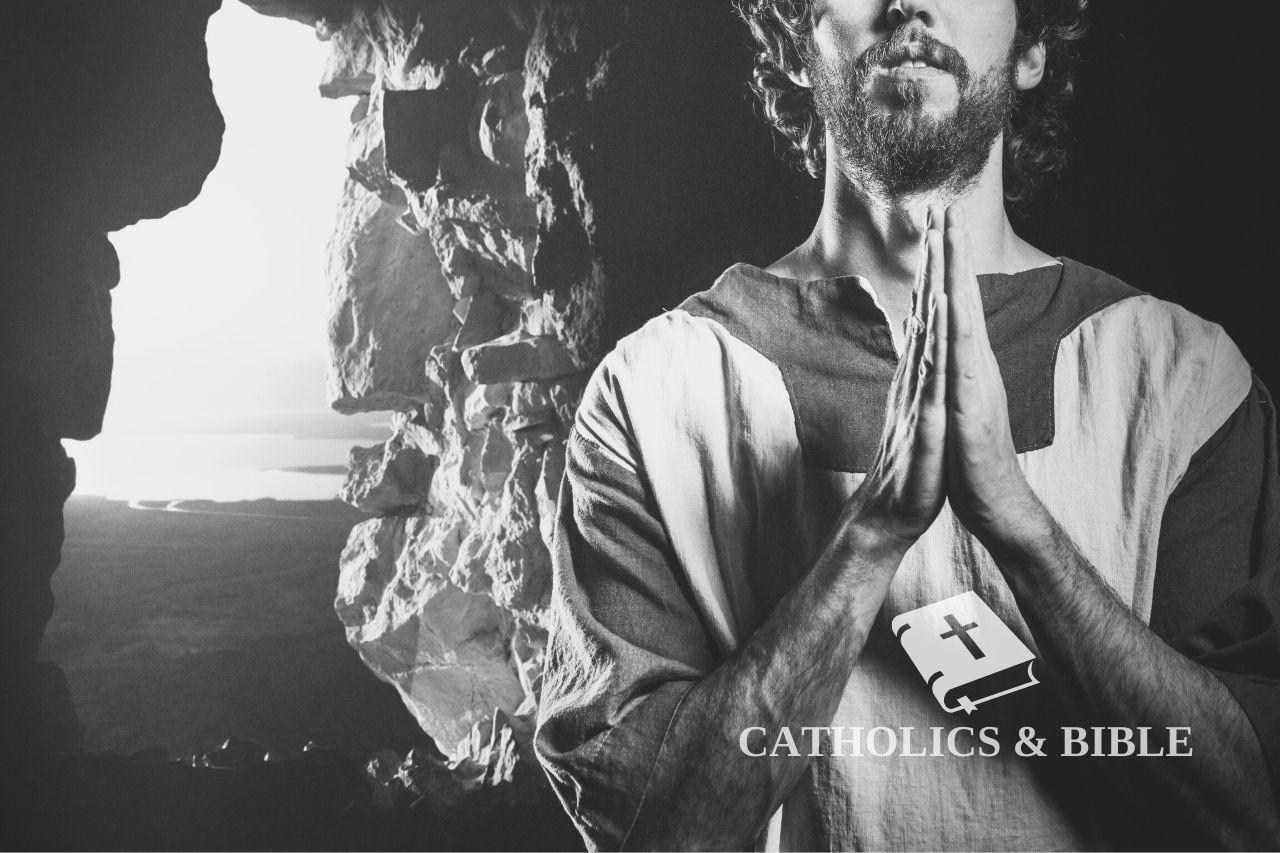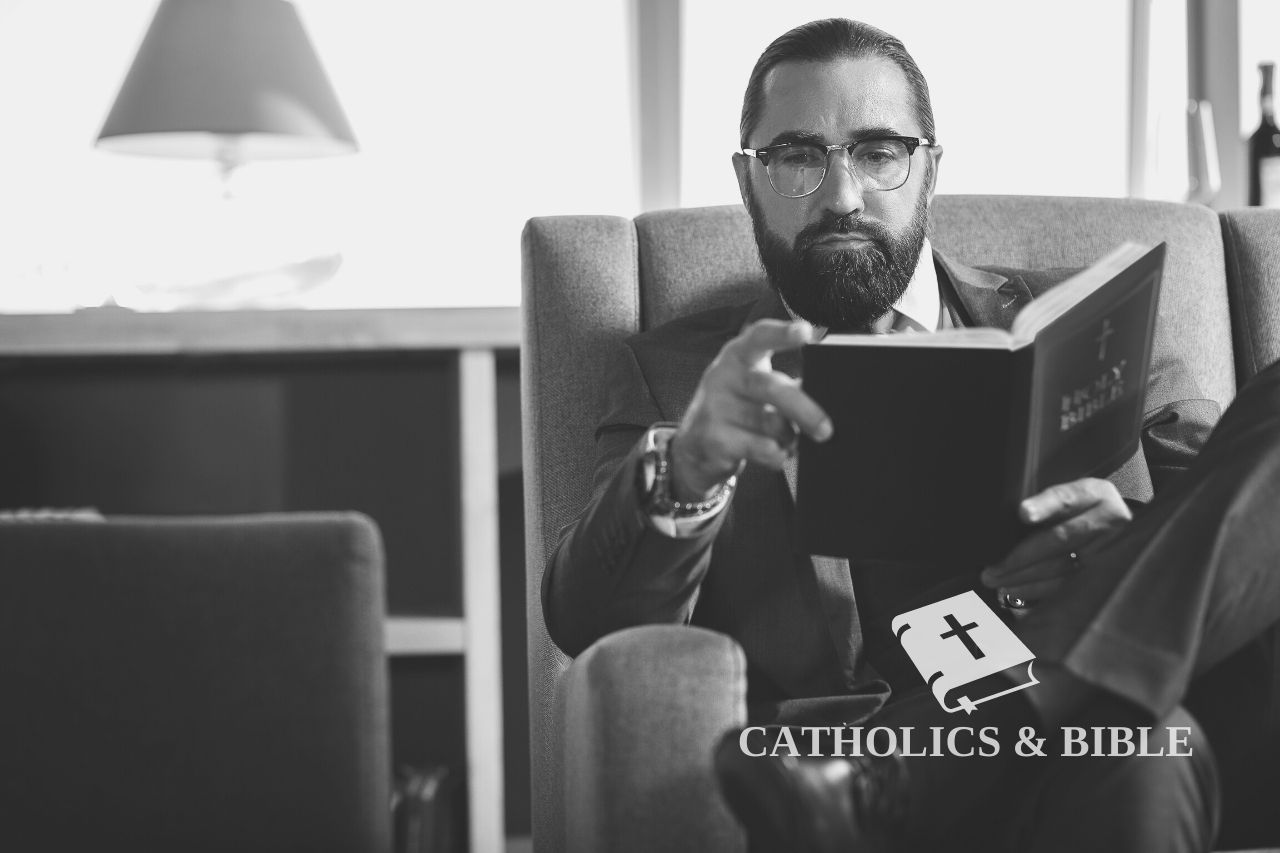Some people think of beards as being trendy while others grow beards as part of culture and religion. It signifies dedication and spirituality. From Judaism to Sikhism, beards have a special place in society and in the circles of faith. The Bible has mentioned beards so many times and with every mention is a context and a command. In the following sections, we shall look at the symbolism of the beard in the biblical context.
What You'll Learn Today
A Symbol of Holiness and Perfection of God

In the Book of Leviticus 19:27, the Bible instructs the people of Israel on how they ought to carry themselves. It says,
“Do not cut the hair at the sides of your head or clip off the edges of your beard.”
This is part of the commands of God which were straightforward and understandable to the children of Israel. God expected his children to obey for their own good.
To understand this verse of scripture, we must look at the beginning of Chapter 19. Addressing Moses, the Lord says to him that he should speak to the people of Israel telling them that they be holy because he is holy. Thereafter, he gives him various laws, one of which concerns cutting hair.
Therefore, it is in the context of holiness that the Israelites were supposed to grow their hairs both on the sides of their heads and their beards. As with the other laws in this chapter, God does not give a detailed explanation as to why the children of Israel must not shave their beards.
Just as he says, we should be holy because he is holy, the beard seems to tap into that holiness. It identified the people of Israel as God’s people.
Symbol of Suffering
The prophet Isaiah spoke severally about the sin of Israel and the suffering of obedient servants of God. Through the prophet, God had addressed the sin of Israel and how detestable it is to him. The desire of God is that his people will follow the ways of righteousness and be saved from their afflictions.
In the Book of Isaiah 50:6, this is what the Bible says,
“I offered my back to those who beat me, my cheeks to those who pulled out my beard; I did not hide my face from mocking and spitting.”
The plucking of the beard in this instanced is part of mistreatments and suffering that God obedient servants go through living amongst people who are full of sin and torturous in behavior.
The prophet speaks of other sufferings alongside the pulling of the beard such as smoking and spitting. However, he ends the section with words of hope. He says that because the Lord is sovereign, he will come to his aid and that he won’t be disgraced.
Even for us as believers going through similar challenges, we must not give up but instead be hopeful knowing that he who vindicates us is near.
Symbol of Priesthood
The priests in the Bible played a very key role as the go between God and the people. The people of Israel would bring their prayer items to the priests and the priest would present them before the Lord at the altar.
Because of this critical role, God had specific requirements for the priests who in the Old Testament came from the tribe of Levi. In Leviticus 21:5, the Bible says,
“Priests must not make bald spots on their heads, shave off the edges of their beards, or make cuts in their bodies.”
God is so particular about the priesthood that he wants it to be distinct from what the nations around practice. For instance, some of the priests from the surrounding nations shaved their heads as part of rituals. God forbids this lest his people become defiled by the practices of the nations.
It is in that line that he also requires that they do not shave their beards. In the same verse, the Bible talks of the cuttings in the flesh. This was a common behavior and practice among the priests of the gods that the other nations worshiped. God wanted his priests to be separate and distinct.
Symbol of Unity

It has always been the desire of God that his people live in unity and harmony with each other. In this way, their lives will be different from the surrounding nations and God will set them apart for a blessing. In Psalm 133, one of the songs of ascents, the Bible says this in verse 1 and 2,
“Behold, how good and pleasant it is when brothers live together in harmony! It is like fine oil on the head, running down on the beard, running down Aaron’s beard over the collar of his robes.”
Clearly, the emphasis of this song is unity among the children of Israel. The scripture compares this unity to the anointing of Aaron for priesthood. That people who live together in unity, they mirror the setting apart of priests for the work of the temple.
Aaron’s beard which was part of his identity as a priest had to be aligned to the collar of his robes so that the anointing oil could flow seamlessly.
In the same manner, the children of Israel had to be aligned metaphorically from the head that was their leadership down to the beard which was the priesthood and to the collar of the robes. Any disunity, and the oil will not flow as expected.
Conclusion
When Mephibosheth was summoned to appear before king David, the Bible says that he had not taken care of his feet nor trimmed his beards. Inasmuch as was beard was a sign of honor, priesthood, and anointing, it had to be taken care of by trimming.
A beard that was left unattended symbolized neglect, uncleanliness, and a carefree life. That said, the symbolism of a beard is so strong in the Bible bordering honor on one side and shame on the other depending on how it was treated.
Thank you so much for this insight shared!! One day perhaps you will understood how much this meant to me to read this today.
Wonderful Message. I have liked it. But it seems our leaders have been confirmed to the standards of the world, and therefore misundersatand us who have beards to be Muslims!